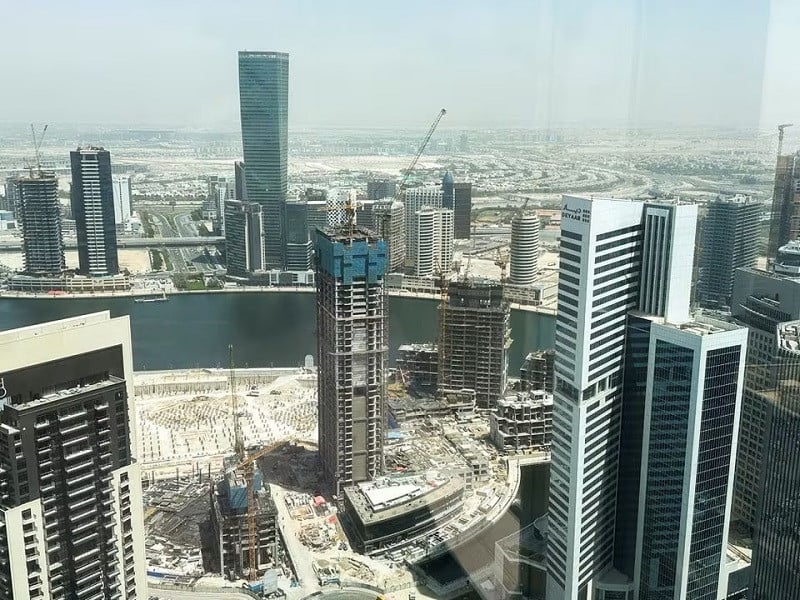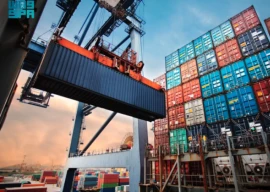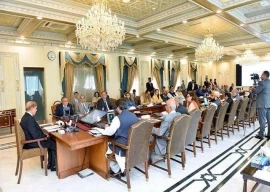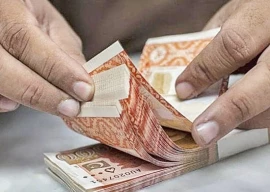
Pakistan Business Forum (PBF) has urged Finance Minister Muhammad Aurangzeb to outline a clear and actionable roadmap for 2025 including the strategic reforms targeted at enhancing Pakistan's business environment.
The forum expressed concern that current economic policies were falling short of portraying Pakistan as a business-friendly nation and stressed the importance of boosting investor confidence to stimulate growth and development.
PBF President Khawaja Mehboobur Rehman, in a letter sent to the finance minister, stated that as 2024 was drawing to a close, "we are concerned about the several persistent challenges that have yet to see tangible improvements".
Despite the successful launch of another IMF programme, the Pakistani rupee has failed to appreciate against the US dollar, fluctuating between Rs277 and Rs279. "The value of the rupee is a critical indicator of our nation's economic health and it continues to be a major concern for both the general public and the business community," he said.
"It is imperative that the government takes immediate and decisive steps to strengthen the rupee. Without a stronger rupee, efforts to alleviate the financial pressure on citizens, especially the business community, will remain ineffective."
Furthermore, soaring electricity and gas bills have caused immense strain. "It is crucial to comprehensively address these challenges," the letter read.
Regarding the agriculture sector, he said that farmers had continued to face extreme hardships with many being unable to recover production costs. This issue has far-reaching consequences such as a lower crop output and concerns about next year's wheat harvest.
Currently, wheat has been sown over 12 million acres in Punjab, well below the target of 16.5 million acres. These challenges signal the urgent need for a fair and sustainable cost-of-production mechanism, the PBF president stressed.
Moreover, the persistent challenges such as inflation, political instability, rising fuel costs, high taxation and ineffective trade policies remain critical concerns.
In light of these, the PBF believes that there is an urgent need for formulating the "Charter of Economy", supported by broad political consensus and civil society. Such a charter will outline the reforms and policies required to stimulate economic growth, reduce inequality, create jobs, alleviate poverty, enhance food security and promote human development.
The proposed charter should be developed with a broad-based political agreement on issues such as public spending, tax rates and monetary stability, the letter said.














1734946202-0/Express-Tribune-(6)1734946202-0-270x192.webp)
1732012115-0/Untitled-design-(14)1732012115-0-270x192.webp)

1734899716-0/image-(15)1734899716-0-270x192.webp)






COMMENTS
Comments are moderated and generally will be posted if they are on-topic and not abusive.
For more information, please see our Comments FAQ